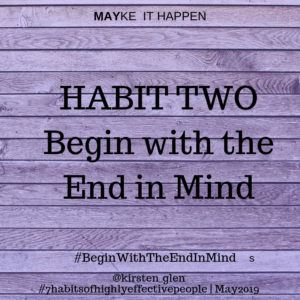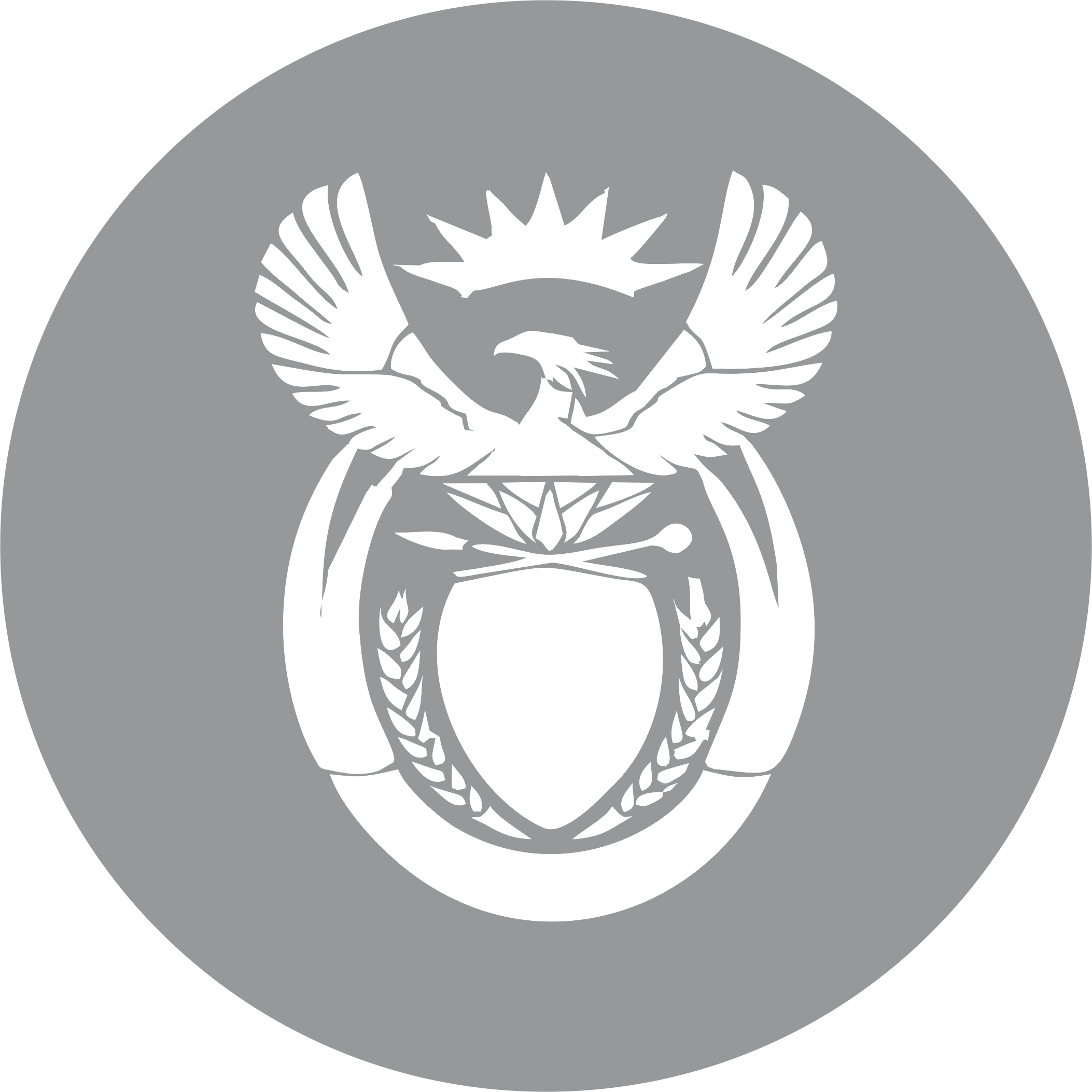
12 May START WITH THE END IN MIND
“The Second Habit of Highly Effective Job Seekers” is “Start with the End in Mind”.
Too many people come into an interview, and they have no idea what they want to do, or what they are good at. They just know that they want another job, and all the bad things that they want to avoid, and how much money they need to earn. People will never employ you because you “can do the job”, they will employ you because “you want to do the job”. They want to employ staff that are focused, motivated and know where they are heading.
This is not to say that you need to know the exact title of the job that you will get, but you do have to know your strengths and weaknesses, what you are passionate about and the values you live by. Blindly going into the job market, accepting any job, because superficially it looks good or the salary is right, will result in you being back on the job market a year later.
Before you start looking for a job, imagine yourself at your Retirement Party. What will you want people to say about you? Will you have clients there, and what will they say? Will have you staff that you have trained and mentored- will they miss you? What will they say your greatest accomplishments will be? What legacy will you leave behind?
The Second Habit states that all things are created twice- once mentally, and then again physically. When you build a house, mentally you will draw up plans, and then physically you build the house. This is true to all aspects of your life. The first creation happens either by design or default. Either you can intentionally plan how you want your life to go- dream it up- or you fall at the mercy of other people who will plan your role in it.
Before you can start being the primary creator of your life, try and take a step back and get some perspective. Examine your life and how you feel about all aspects of it. The left side of the brain is about words, planning and action, and the right side is about creating and dreaming, but not very good at words. To access the right side of the brain, start writing. Write a list of what you have liked and disliked about previous positions, companies and organizations; and about subjects at school and extra murals or projects, if you are still at school. List any activity, private or professional; paid or voluntary, that inspires and motives you. Keep a note pad with you and as soon as a thought comes to mind, add it to the list. Put all your ideas to paper, and then start refining them, until you have a “picture” of the kind of position you will work for. Not the title, but actual day to day duties, the purpose of the job, the feelings it will make you feel.
(And just to catch you before you get started… your mission statement will never be about money. Money is a reward for a job done well; a job will never be well done, purely for the money. Studies have shown that while a lack of money may contribute to unhappiness, abundance of money does not increase happiness or job satisfaction.)
As soon as you have created this initial creation of your future, you will feel inspired and motivated, and it will come across in interviews. You will become that person who knows what they want to do, even if they don’t know what it’s called.
If you keep focusing on the end and staying true to the person that you want to be, you will see your career grow and develop (and the money will follow if that is important to you). If you focus on climbing the corporate ladder for the sake of it, you may just find that you have put that ladder against the wrong wall, and you are climbing away from your end goal, no towards it.
(inspired by “The Seven Habits of Highly Effective People” by Stephen Covey.



